Mutambukamalogo
JF-Expert Member
- Jan 25, 2011
- 397
- 85
naamini waisrael wakikuomba masaburi utawapa
Just read between my lines and argue criticaly and positively!
naamini waisrael wakikuomba masaburi utawapa
View attachment 39368
Ndio huyu jamaa mwenyewe mwenye thamani sawa na wapalestina 1027
Kwa wenzetu haka kajamaa kataingiza kipato cha kutosha kwa kulipwa kufanya mahojiano, uandishi wa vitabu na utengenezaji wa films
Usishangae bwana hiyo ndiyo thamani ya muIsrael mmoja. Hilo ndilo taifa linalothamini watu wake! Siyo kwetu wanajeshi wanapigana nje pesa inaingizwa kwa acc ya mtu mmoja kwa maslahi ya kundi flani
| |

|
| Haman 5 years, the Israeli soldier Gilad Shalit held by Palestinian prisoners in exchange officially began with the 1027. |
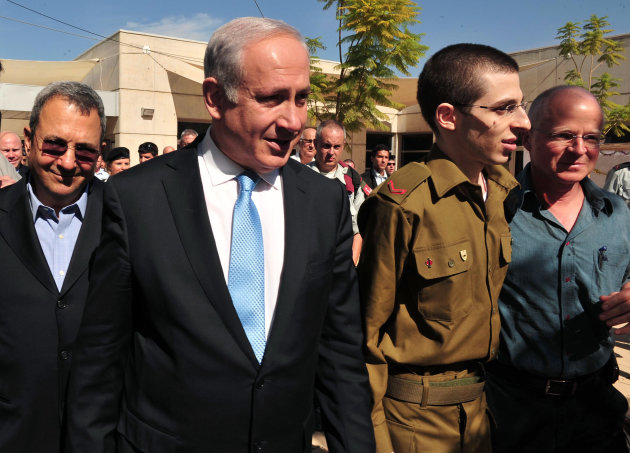
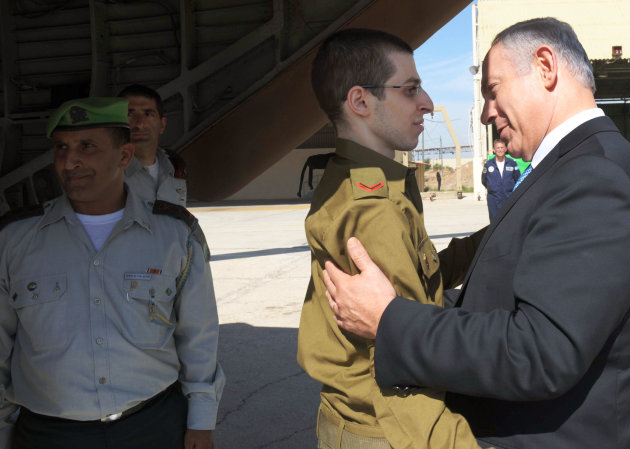
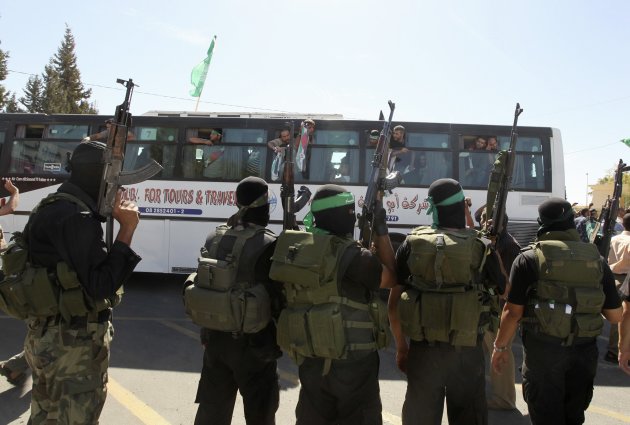
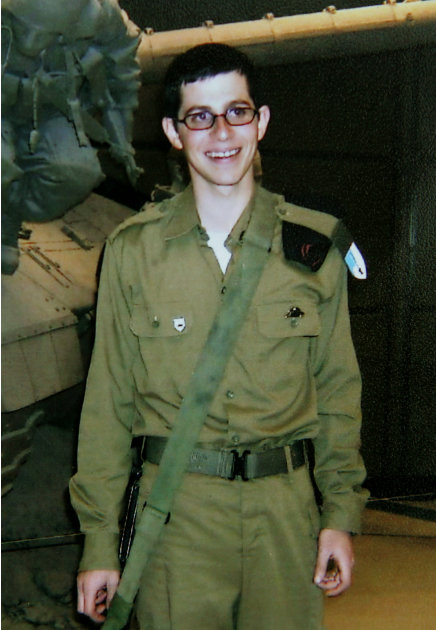
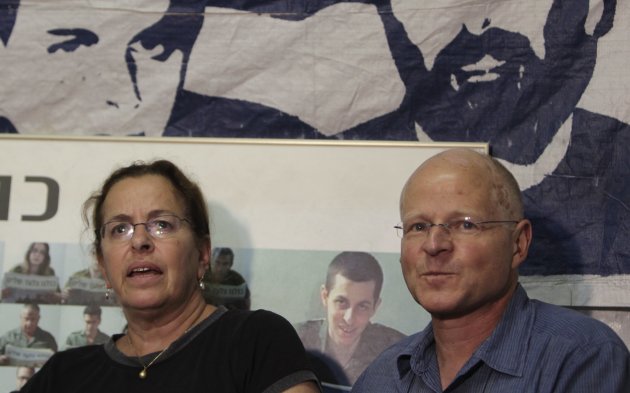
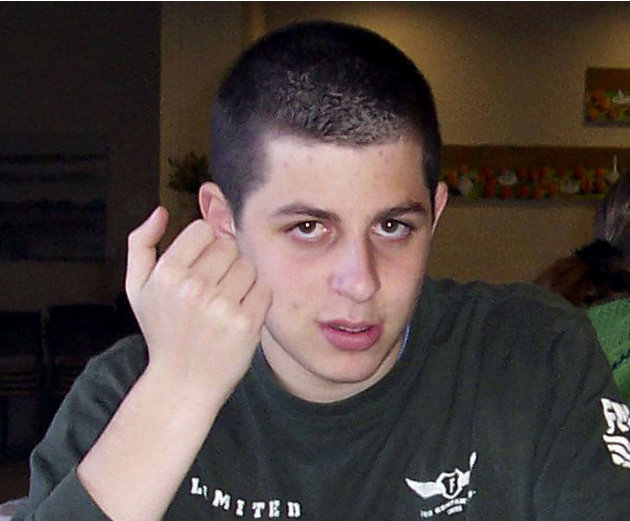
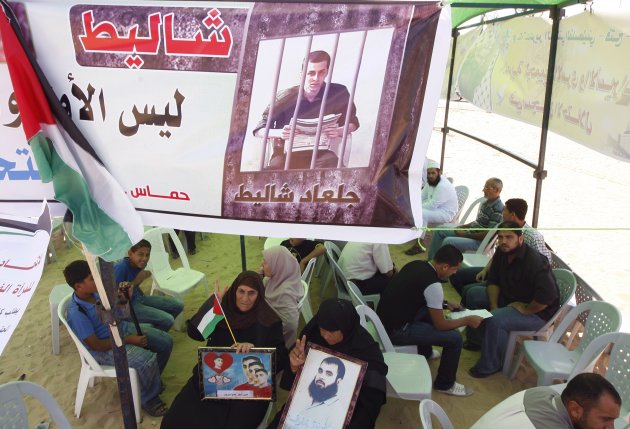
Wayahudi ni kizazi adimu hapa duniani mkuu..
my big question ,what so special with gilad?
mbona hata wanyiha ni kizazi adimu mkuu?
[h=2]Exchange of prisoners between Hammas, Israel starts[/h]South Asian News Agency (SANA) ⋅ October 19, 2011 ⋅
RAFAH, (SANA): The exchange of prisoners between Israel and Hammas has been started under the prisoners exchange deal on Tuesday.According to details, under the deal, 133 Palestinians from Gaza, 117 from the West Bank, and 15 from East Jerusalem would be allowed to return to their homes, although some of them would be brought under security restrictions.Another 163 detainees would be exiled to Gaza, although 18 of them will be able to return home after a period of three years.Whereas, other 40 are being exiled to Turkey, Syria and Qatar, Hamas officials said, while seven Arab Israelis would be sent home, along with one Palestinian with Jordanian nationality they would be sent to Jordan.A second group of 550 prisoners is to be released in the coming two months although the names have yet to be decided.Meanwhile, Israeli soldier Gilad Shalit has arrived back in Israel following his release from five years' captivity, as part of a prisoner exchange deal.
Shalit was taken from Gaza to Egypt, and then to an airbase in Israel where he was reunited with his family.
http://www.sananews.net/english/2011/10/exchange-of-prisoners-between-hammas-israel-starts/
October 18, 2011
[h=2]Analysts: Prisoner Exchange Could Boost Hamas[/h]
Some Middle East analysts say the release of an Israeli soldier and hundreds of Palestinian prisoners could have a significant effect on security in Israel and the Mideast.
It is a rare day in the Middle East when Hamas in the Gaza Strip, the Palestinian Authority in the West Bank and Israelis celebrate the same event.
Five years after Hamas militants in Gaza captured Israeli soldier Gilad Shalit, they released him Tuesday. On the same day, Israel released hundreds of Palestinians. Many were convicted in attacks on Israelis, but the Palestinians regard them as heroes.
After greeting Shalit, Israeli Prime Minister Benjamin Netanyahu warned any freed Palestinian who returns to terrorism will be held accountable.
Michael Singh, managing director of the Washington Institute for Near East Policy, says that is a major concern.
"Some of these men and women who were released are dangerous people who have engaged in terrorist acts and so the impact on Israel's security or upon the security of the region is worrisome," Singh said.
The prisoner swap comes after years in which little progress has been made in building peace between Israel and the Palestinians.
"I think that for Israel part of the reason [for the swap] was that they no longer worry as much as they did in the past about weakening the Palestinian Authority or about strengthening Hamas because frankly, right now, the peace process is stalled," Singh said.
The exchange could alter the rivalry between Hamas in Gaza and the Palestinian Authority, which rules the West Bank.
Analysts say Palestinian President Mahmoud Abbas, after years of unsuccessful negotiations with Israel, could suffer politically.
Hamas, which negotiated the swap with the help of Egypt, could get a boost in popularity.
"You know [Hamas] was badly in need of political achievements of one kind or another at the moment, also because of the Arab Spring, which has left it feeling a bit isolated and ignored, also because of the recent advances made by the Palestinian Authority with regards to the United Nations' and recognition of a Palestinian state," said Middle East analyst Jonathan Speyer.
Israeli security analyst Daniel Scheuftan says the rapid changes in the Arab world also create new challenges for the Jewish state. "The real issue is when you look at Iran, Turkey, Egypt and the United States we have had changes that make the environment Israel needs to operate in much more dangerous, much more unstable," he said.
Under the agreement that led to the release of Shalit, Israel will release 550 more Palestinians over the next two months.
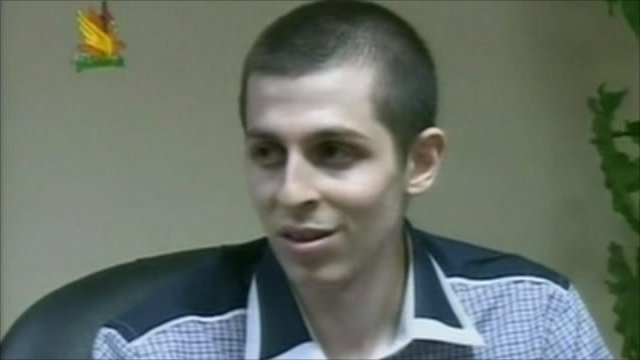

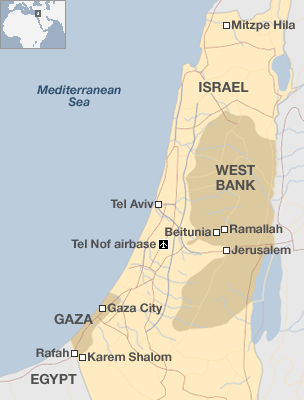
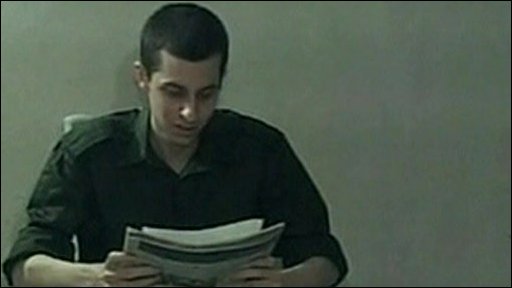
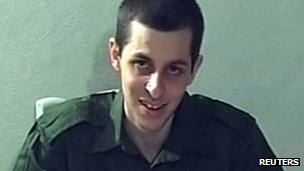
Unatumia masaburi kufikiri wewe, halafu unajiita "Saint"!sawa na waafric a wote